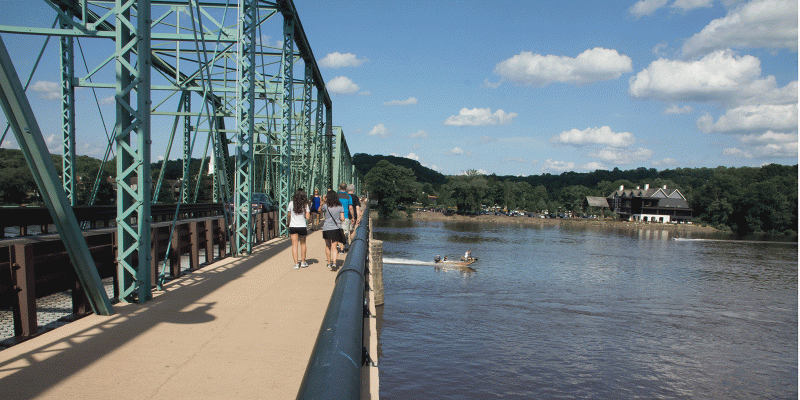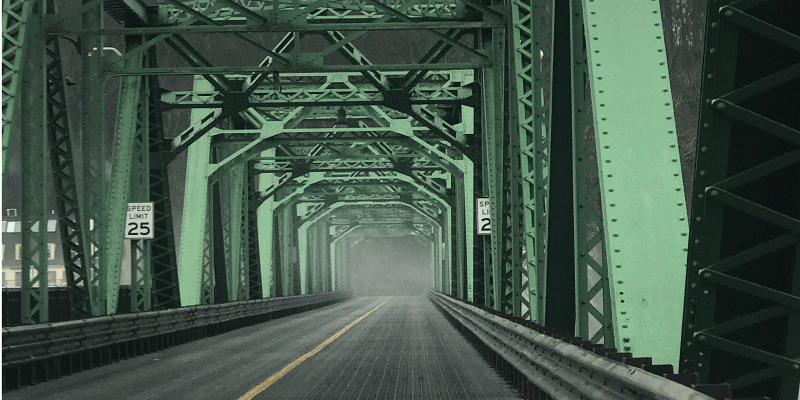A Doylestown exhibition inspired by Henry Mercer’s legacy will launch in a big way June 3 through June 5. Opening weekend for the R.E.D. Show (Reimagine, Explore, Discover: Henry Mercer and His Innovations) will include plein air painting, gallery talks, walking tours, family activities, tile talks, tours of the TileWorks, and a fine art wet sale.
Earlier this spring, the Arts & Cultural Council of Bucks County (ACCBC), which is staging the exhibit in collaboration with Visit Bucks County and the TileWorks of Bucks County at the Moravian Pottery and Tile Works, asked area visual artists to pick a point of Mercer’s expansive impact on Doylestown – his architecture, for example, or his inventions or storytelling – and riff on what it means to them.
“Through R.E.D., the ACCBC invites artists and writers to Reimagine, Explore, and Discover their own creative work in relationship to Mercer’s numerous interests,” reads a statement by the ACCBC. “Work that explores or reflects Mercer’s actual creations as well as his passion for nature, craft making, tools, storytelling, history, travel, and innovating (to name a few), are welcomed, as well as work that pushes boundaries and explores new ways to celebrate art, sciences, and artmaking as Mercer did.”
The submissions will be displayed at Freeman Hall, 181 East Court Street, June 1 through July 17. This isn’t a juried show, so every creation that was submitted was accepted. The only prerequisite was that the artist must be an ACCBC member.
As part of the opening weekend, on June 4, painters and sketchers are invited to work on the grounds of the TileWorks, Fonthill, or Freeman Hall. Later that day, from 4 PM to 5 PM, their new paintings and drawings will be sold in the courtyard at the TileWorks. Participation is free for ACCBC members. For everyone else, it’s $10. You can register here. Registration will close on June 1.
Henry Chapman Mercer’s legacy touches all corners of modern Doylestown.
Around 1900, Mercer – who was born in Doylestown and educated at Harvard and the University of Pennsylvania Law School – became concerned that industrialism was removing all the nuance from society. He eventually quit his job as a curator at Penn’s museum so that he could collect, full-time, the last vestiges of early-American life.
In 1913, he started construction on a museum to house his collection, which, by then, had grown to more than 25,000 objects. Today, the Mercer Museum is home to more than 40,000 artifacts from early American society.
As part of his collecting, Mercer also became interested in the pottery of Pennsylvania Germans. In 1899, he built the Moravian Pottery and Tile Works. He was also becoming a central figure in the Arts and Crafts Movement in America, producing architectural tiles that would become world famous.
Adjacent to the Tile Works, Mercer built a home – a castle, really – for himself and called it Fonthill. That’s where he died in 1930, at age 73.



